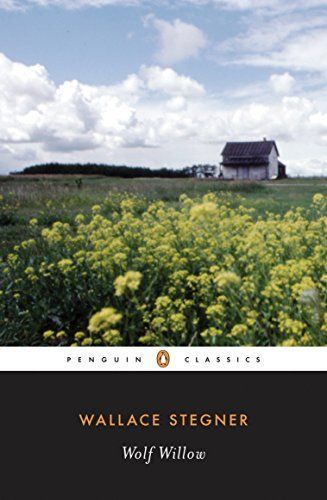
Wolf Willow A History, a Story, and a Memory of the Last Plains Frontier
Wallace Stegner weaves together fiction and nonfiction, history and impressions, childhood remembrance and adult reflections in this unusual portrait of his boyhood. Set in Cypress Hills in southern Saskatchewan, where Stegner's family homesteaded from 1914 to 1920, Wolf Willow brings to life both the pioneer community and the magnificent landscape that surrounds it. For more than seventy years, Penguin has been the leading publisher of classic literature in the English-speaking world. With more than 1,700 titles, Penguin Classics represents a global bookshelf of the best works throughout history and across genres and disciplines. Readers trust the series to provide authoritative texts enhanced by introductions and notes by distinguished scholars and contemporary authors, as well as up-to-date translations by award-winning translators.
Reviews
Sarah Sammis@pussreboots
Will Vunderink@willvunderink